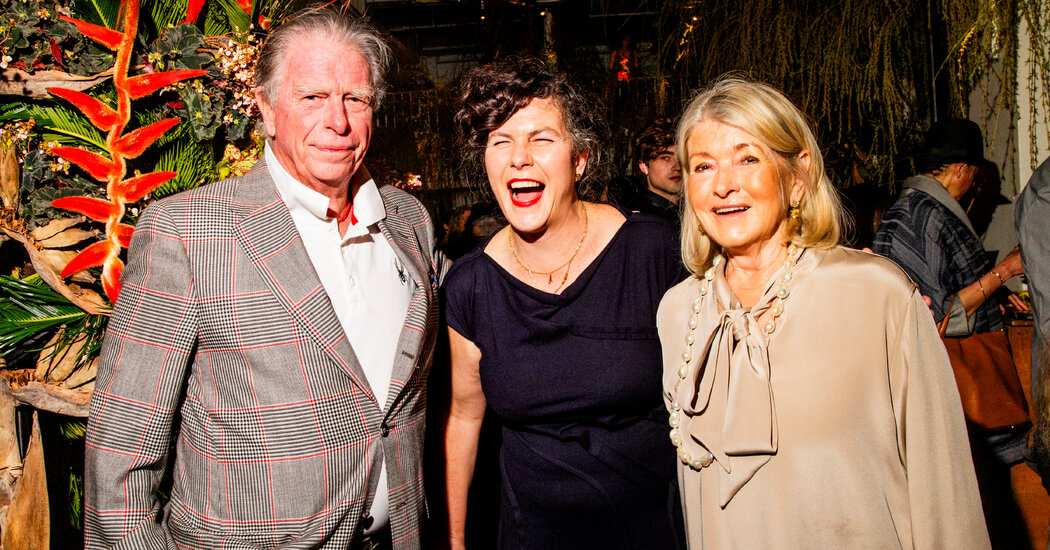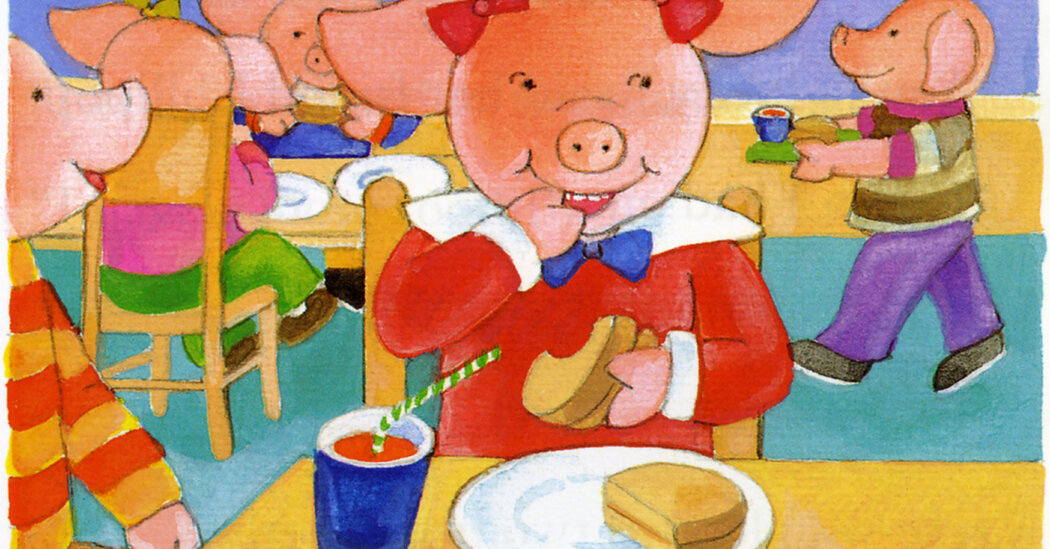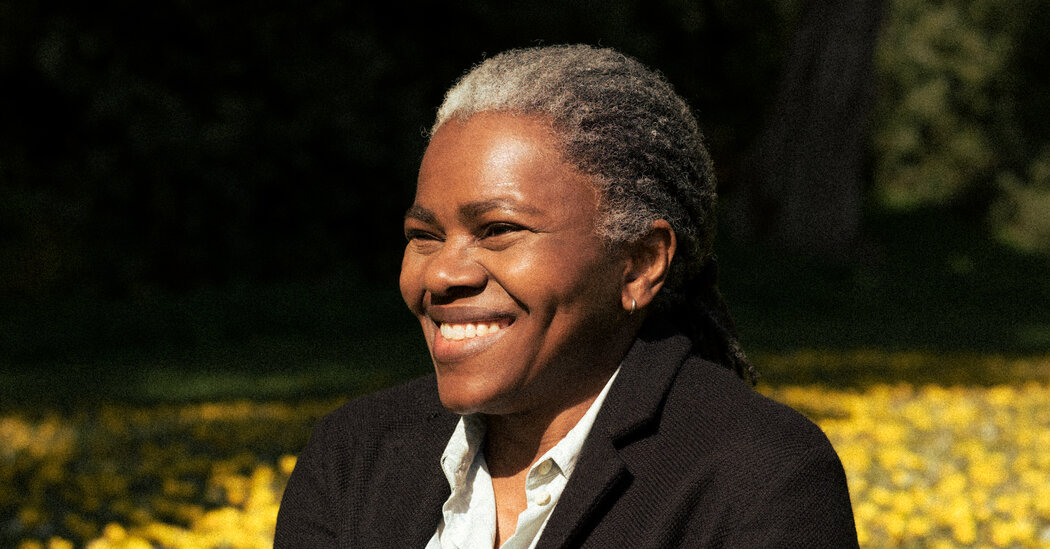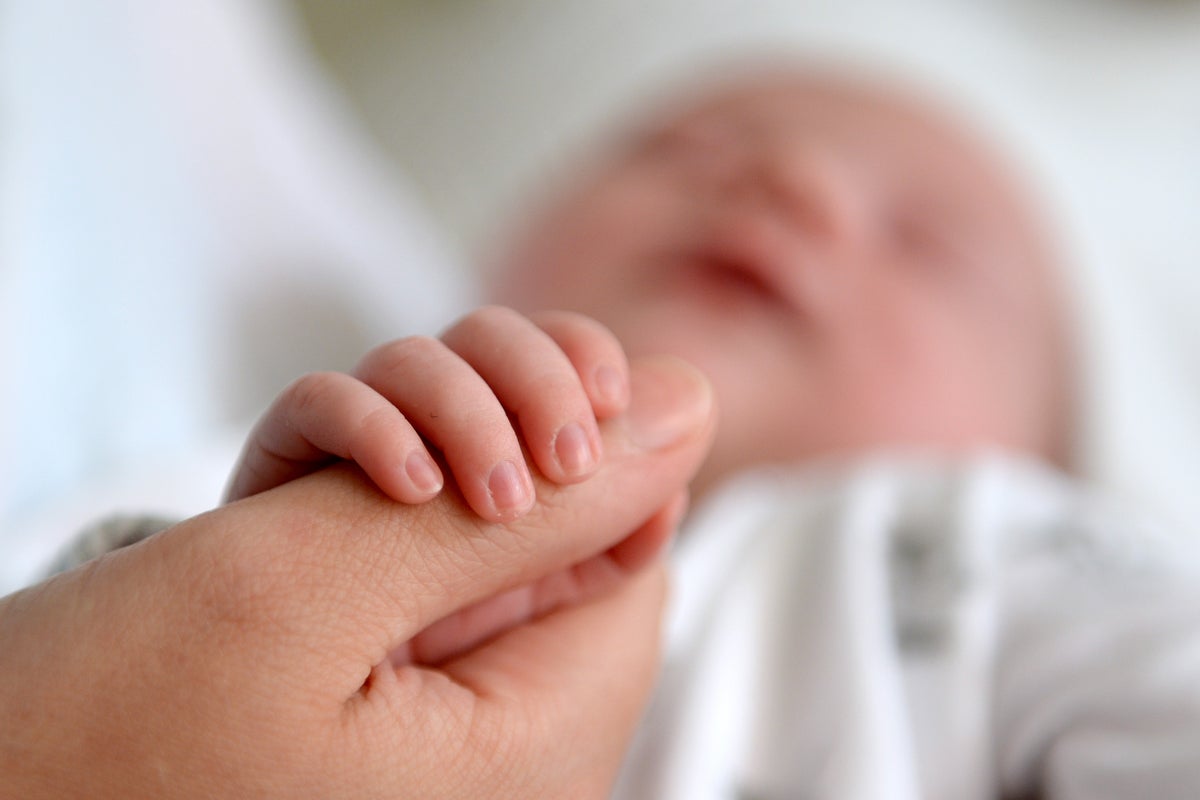
Midwives reveal nine things every new parent should know
Parents just want the best for their baby – and naturally strive to provide their newborns with the healthiest possible start in life, as a foundation for long-term well-being and development.
A campaign by this World Health Day on April 7, titled “Healthy Beginnings, Hopeful Futures,” emphasises the critical importance of maternal and newborn health.
Pip Davies, founder of the Midwife Pip podcast, says: “Giving babies the best start in life lays the foundation for their future health, development and wellbeing.”
“There’s no single best approach, every family will find what works best for them and we’re all individual. But small, easy, everyday actions can add up and make a big difference.”
Katherine Walker, service development manager at NCT, the charity for birth, pregnancy and early parenthood, says “every positive interaction” a baby has with their caregivers “helps promote oxytocin and positive pathways in the brain, which in turn helps to set them up for a healthier adult life”.
Here are ways the experts say parents can help their babies have the best possible start to life:
1. Harvest colostrum
Colostrum is the first milk produced by new mothers after their baby’s born, but it can be expressed from around 37 weeks, says registered midwife Lesley Bland.
“It’s a highly concentrated personalised medicine in the form of pre-milk that’s packed with antibodies which protect your baby from infection and helps their immune system to develop,” she said.
She says colostrum helps to mature the baby’s digestive system, offering some protection from allergies and illness, and helps to encourage baby to pass their first poo – meconium – which can help to reduce the risk of jaundice.
“Harvesting colostrum from 37 weeks of pregnancy means you have a store of ‘liquid gold’ available to give to baby immediately following the birth,” she says.
This is particularly important for some babies, including those born to diabetic mums or mums who have taken beta blockers, babies with a low or high birth weight for their gestational age, premature babies who are twins or triplets, or babies with other health conditions.
2. Respond appropriately
The NHS Start for Life campaign points out that a child’s experiences in their early years shapes their rapidly developing brain, and helps make important neural connections. For this reason, it’s important that parents respond to them appropriately, and Walker explains: “Your baby signals what they need by crying or using their body.
“Their caregiver needs to respond appropriately – for example, if they’ve spotted a yawn, then perhaps their baby is telling them they’re tired, so perhaps some soothing and relaxation time would help.”
3. Skin-to-skin contact
Immediate skin-to-skin with your newborn will be encouraged by your midwife, says Bland.
“The benefits of skin-to-skin are countless,” she stresses. “It helps to regulate their and your breathing, heart rate and temperature, it helps with bonding and to calm you both down.
“It can promote breastfeeding, and can kickstart their immune system by starting to build their incredible ‘living shield’, ie. the microbiome – trillions of beneficial bacteria, viruses and fungi which populate our skin and gut to protect against illness and infections.”
4. Establish routines
It’s important for babies to have set routines so they know what to expect, and when.
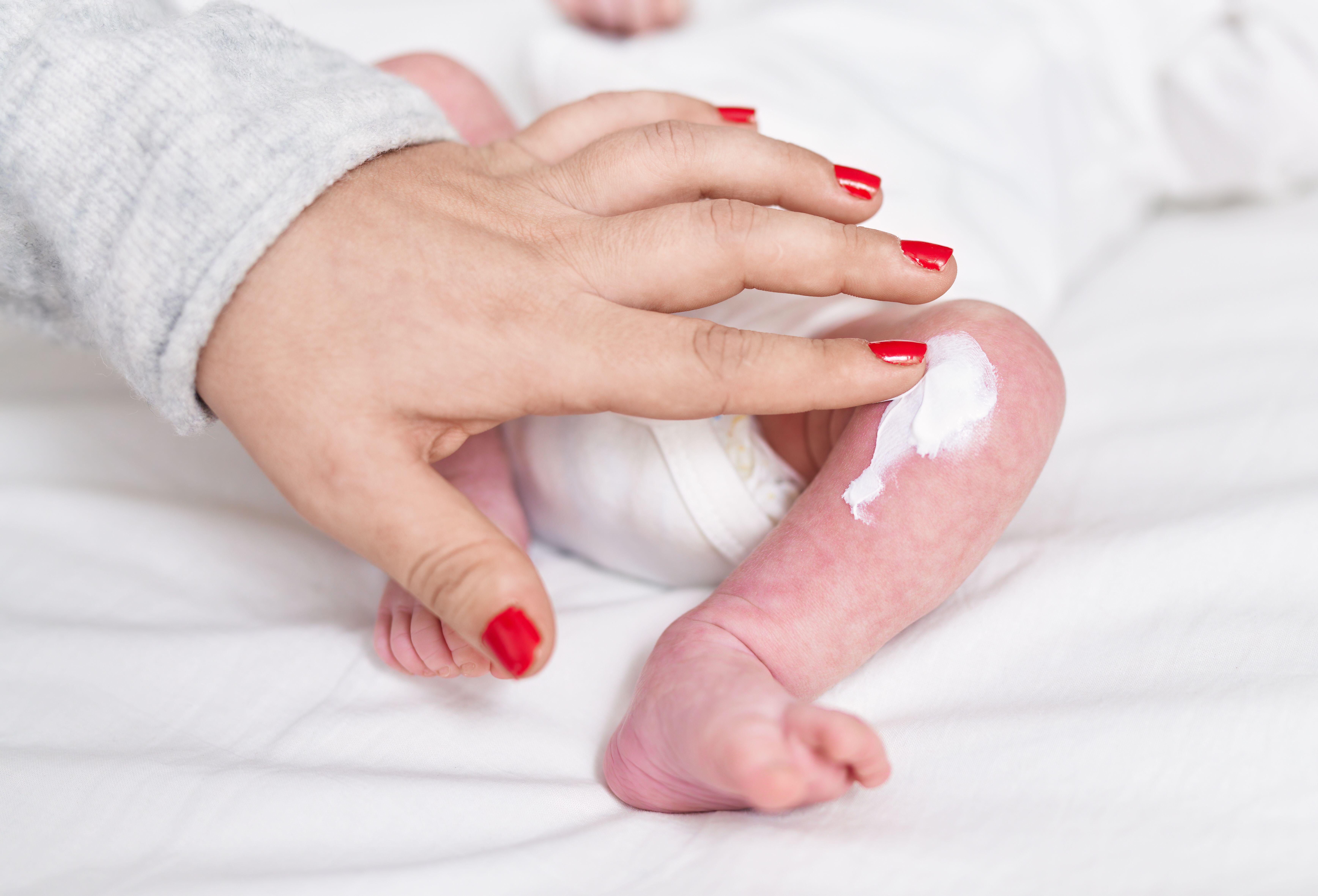
Davies says: “Establishing gentle routines for sleep, feeding, and play can help babies feel secure and understand the world around them.”
5. Look after their skin after birth
Your baby’s skin is vulnerable – a full-term healthy baby’s skin is approximately 30 per cent thinner than that of an adult, explains Bland.
“It needs extra-special care, so avoid bathing them for as long as possible – at least 48 hours to allow their natural oils to be absorbed, as washing it off can dry their skin out,” she said.
She says it’s also important to use only baby-specific skincare products with no perfumes or essential oils in babies under three months.
6. Talk and sing to them
Walker says each time you talk to your baby, sing to them, look into their eyes, or respond to sadness with warmth, love and reassurance, you’re meeting their needs.
“Babies very quickly learn to imitate what they hear and many babies learn the sounds of their own language by six months old.
“Talking about your day and reading aloud to your baby can all help develop their language skills.”
7. Touch them
NHS Start for Life says moments that help a baby make healthy brain connections include being touched, stroked, rocked, fed, cuddled and comforted.
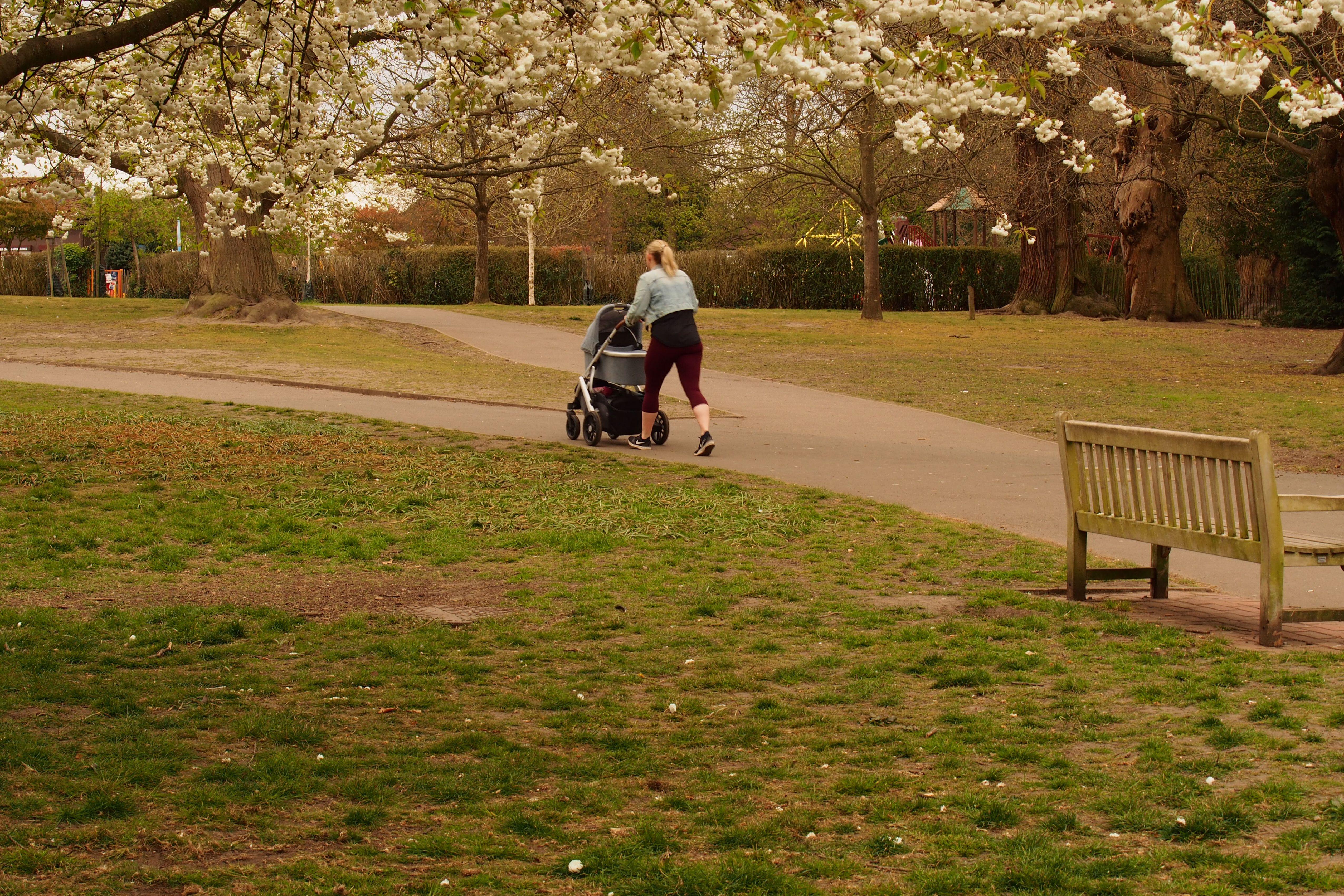
Walker says: “There are many ways to touch your baby from simple cuddles, or tickles and baby massage.”
8. Get outdoors
Taking baby outside every day is good for them, and Davies explains:
“Fresh air and natural light support a baby’s sleep patterns, mood, and overall development. Even a short walk in a pram can be beneficial, looking at the way the sun reflects through the trees and leaves.”
9. Look after yourself too!
It’s easy for parents to forget to look after themselves when they’re so busy with a newborn, but it’s important for mums – and dads – not to completely forget about their own self-care too.
“A happy, supported caregiver is vital for a baby’s development,” stresses Davies. “Seeking help when needed, connecting with other parents, and taking time for self-care all contribute to a nurturing environment.”





